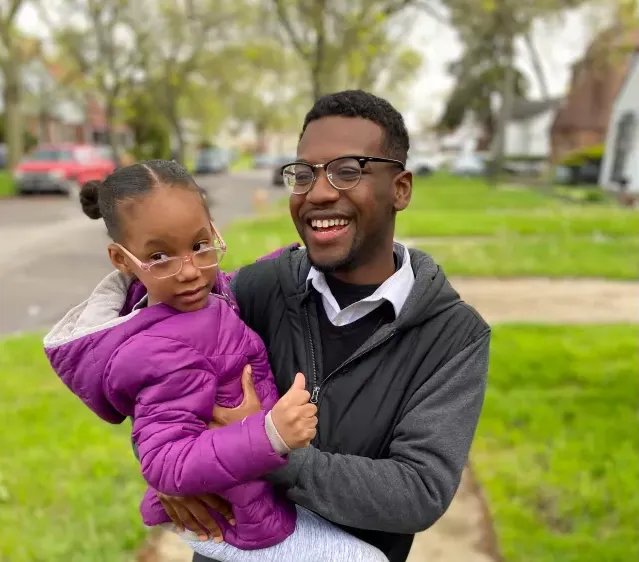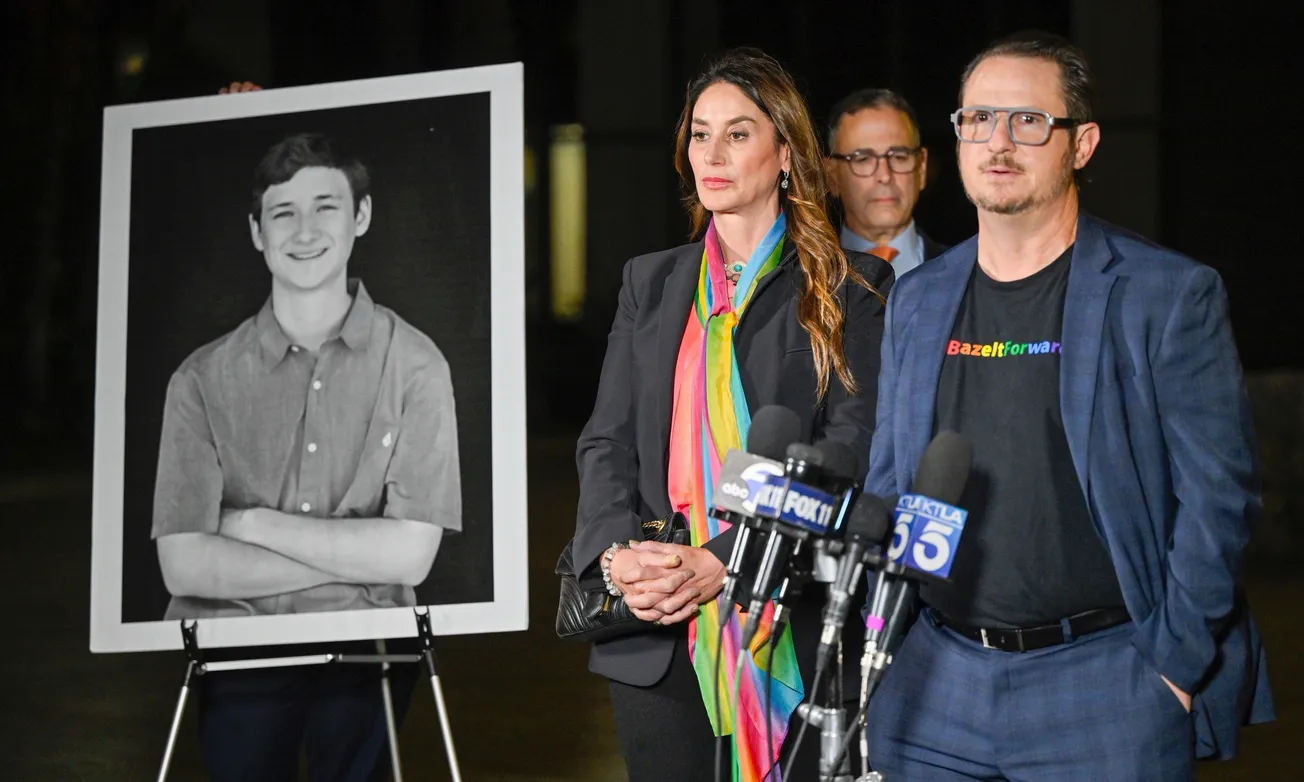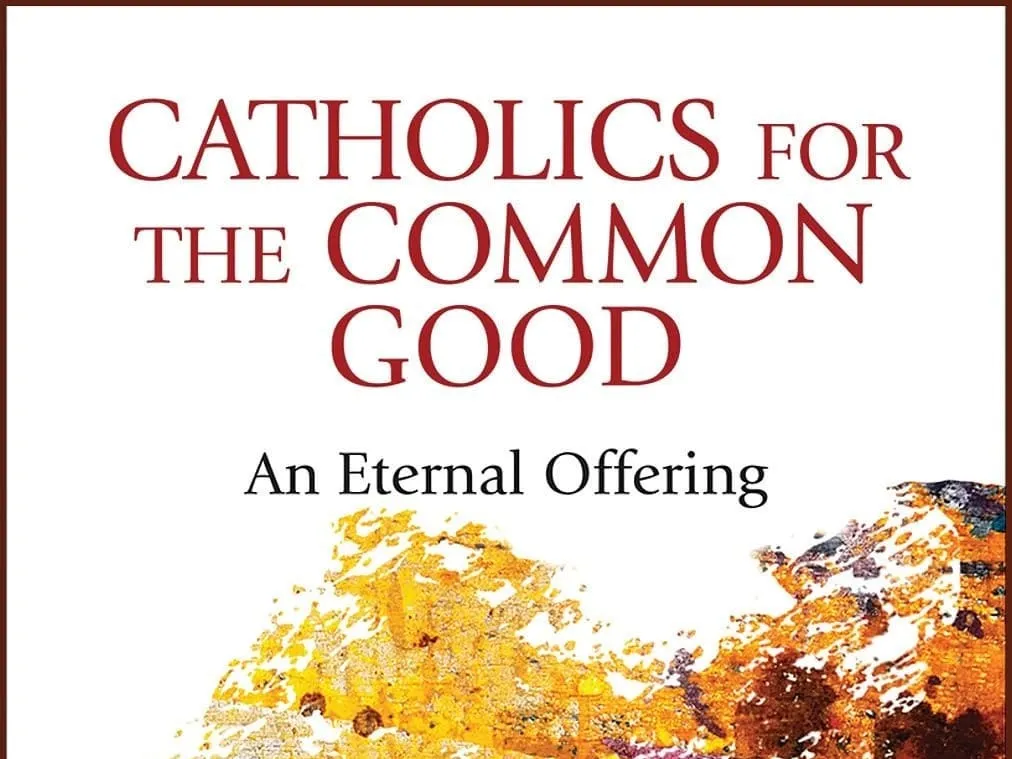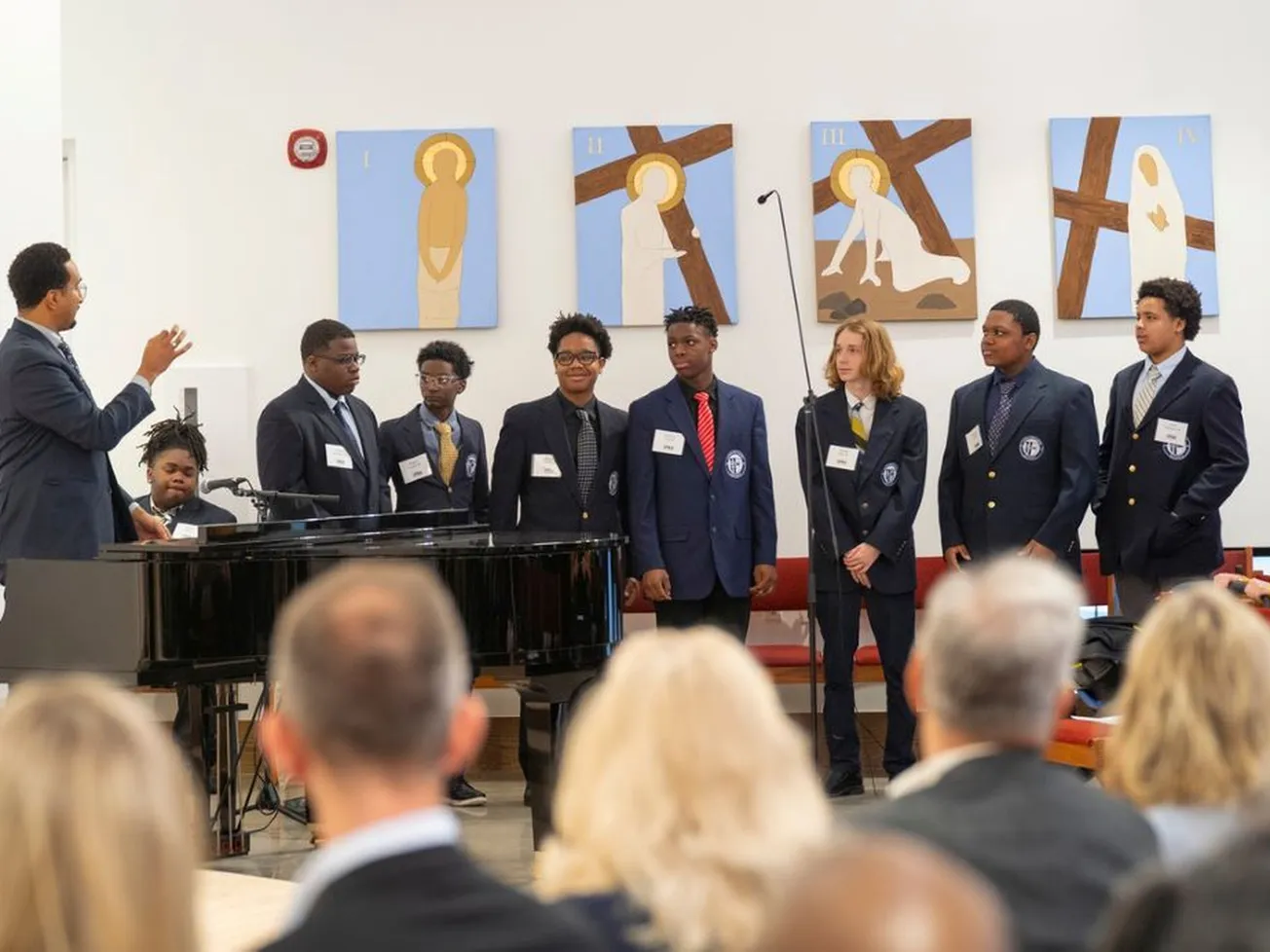With an unexpected announcement last week, the Vatican inaugurated a fresh era in the intersection of LGBTQ+ issues and the sacraments, part of a growing project of openness on the part of Pope Francis.
Under new instructions published in Italian on Wednesday, transgender people—who have come under fire in several U.S. dioceses over the past year—can be admitted to baptism in most cases, even if having transitioned, and can also serve as godparents at Catholic baptisms and as witnesses at Catholic weddings.
The news came in the form of a letter from the Dicastery for the Doctrine of the Faith, signed by Pope Francis, responding to a set of questions (“dubia”) submitted over the summer by an Italian-born bishop serving in Brazil.
“On July 14, 2023, this Dicastery received a letter from [Bishop José Negri of Santo Amaro], containing some questions regarding the possible participation in the sacraments of baptism and marriage by transgender and homosexual people,” the letter reads.
“After a study on the matter, this Dicastery responded.”
The six questions submitted by Negri received responses ranging from brief to verbose, though the first question—on transgender people receiving baptism—received the longest response, spanning a half-dozen paragraphs and quoting a range of sources.
These include Pope Francis, Pope St. John Paul II, St. Thomas Aquinas, and the Catholic Catechism, all on the matter of whether those who may not be sufficiently disposed for baptism can still receive its sacramental benefits.
“Even when doubts remain about a person's objective moral situation or about his or her subjective dispositions toward grace, one should never forget this aspect of the faithfulness of God's unconditional love, which is capable of generating even with the sinner an irrevocable covenant, always open to development, also unpredictable,” the letter reads.

Though the responses in the letter present a change of pace for the Catholic Church, the authors of the letter came short of giving a green light on the issues raised, with “pastoral prudence” cited as a possible impediment to godparents who are transgender or practicing (“cohabitating”) homosexuals.
The dicastery further elaborates that same-sex couples living as spouses—denoted in the letter by the Latin phrase “more uxorio”—may not meet the godparenting qualifications in canon law, that a person “leads a life in conformity with the faith and with the office he or she assumes.”
“In any case, due pastoral prudence demands that every situation be wisely weighed, in order to safeguard the sacrament of baptism and especially its reception, which is a precious good to be protected since it is necessary for salvation.”
(It is not clear how the dicastery distinguishes between what it calls “simple cohabitation” from the “stable and declared” relationship of same-sex living as spouses.)
On two questions, concerning transgender and homosexual people serving as witnesses at a wedding, the Dicastery responded merely by noting that canon law does not contain any prohibition.
The letter, signed on October 31, is the second dubia response released publicly in the past several weeks under new dicastery head Cardinal Victor Manuel “Tucho” Fernández, who was widely expected to take a more progressive tack than his predecessors.
The previous document contained Pope Francis’ responses to a group of conservative bishops who had questioned him on a number of fronts, including the possibility of blessing same-sex unions.
On Saturday, the Vatican’s communications director, Andrea Tornielli, said the document on transgender people “shows a clear harmony with the recent papal magisterium” and with previous popes. He also noted that openness in sacramental matters is needed in an age of secularism and declining faith.
“Today, is there not a greater need to believe more in the action of grace working through the sacraments, which are not a reward for the perfect but medicine for sinners?” he wrote in a column for Vatican News.
“Should we not look more at the pages of the Gospel, where Jesus emerges as the One Who loves first, forgives first, embraces with mercy first, and where we see that it is within this embrace that people’s hearts are moved towards conversion?”
Nate Tinner-Williams is co-founder and editor of Black Catholic Messenger.











